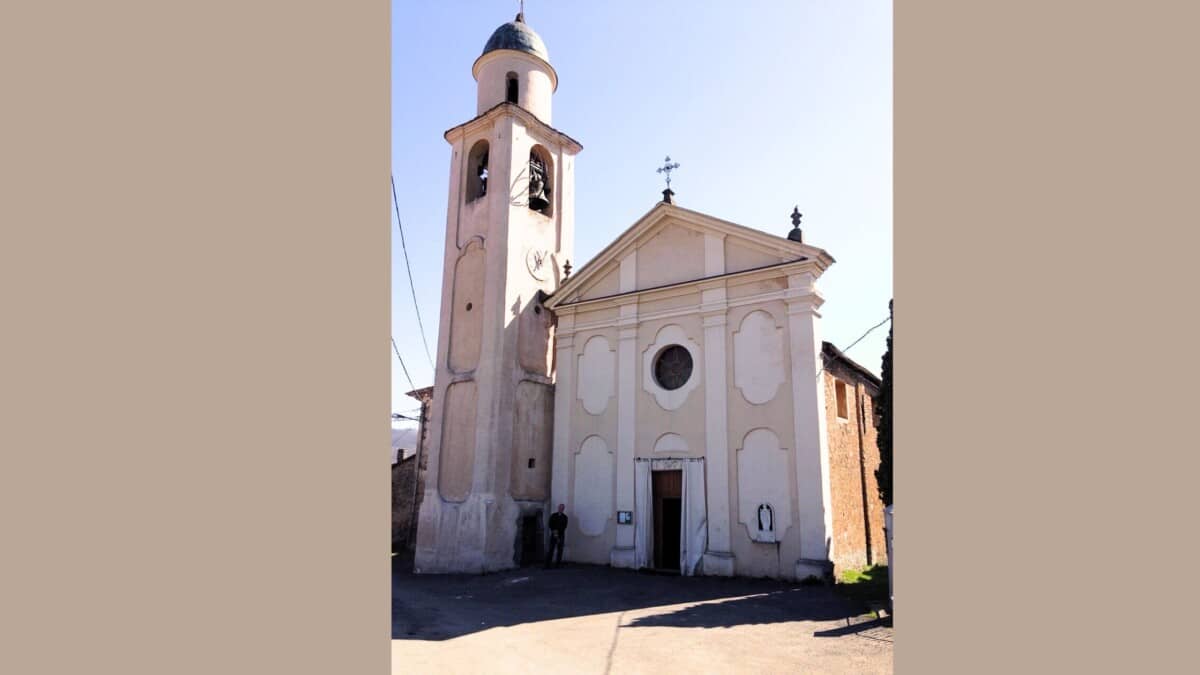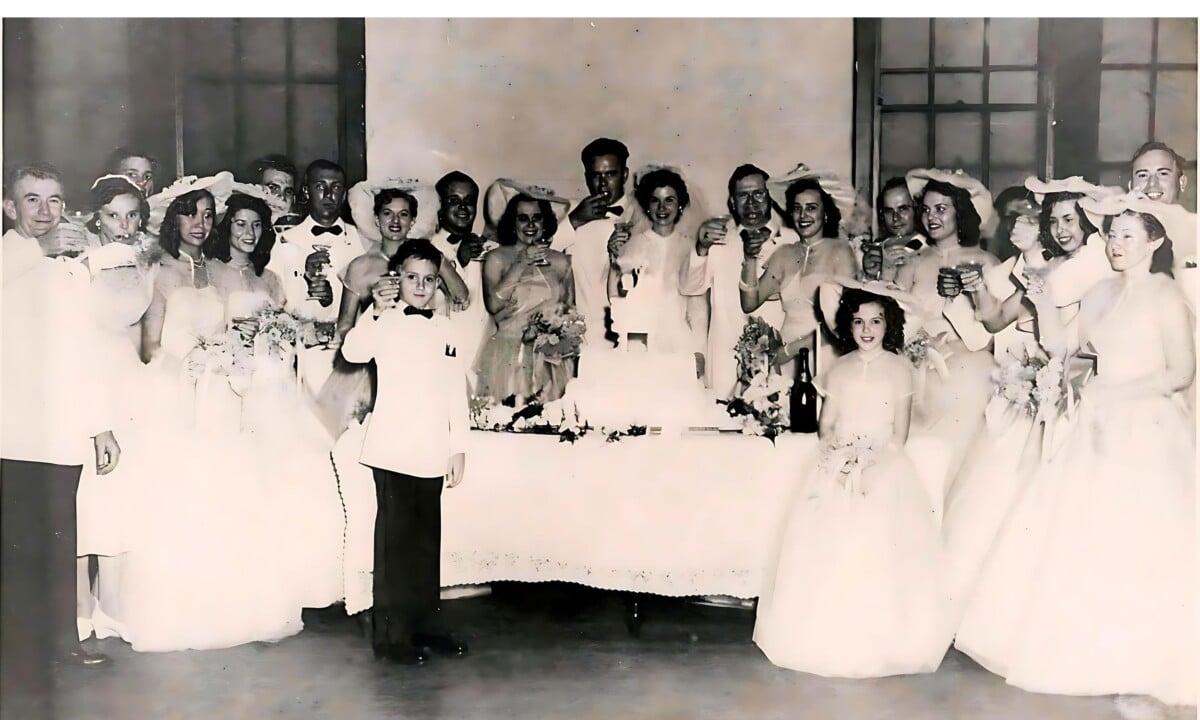
The next morning, Maria kindly fetched us from our quaint hotel. As we journeyed away from the village, tracing the course of the Taro River, nature unveiled its splendors—a cascading waterfall, majestic rock formations, and a distant castle gracing the horizon. Maria shared her plans to explore several churches with us.
As the river faded from view, the road meandered, leading us to some twist and turns. Suddenly, a small sign on side the road then Maria expertly maneuvered onto a very narrow side street.

Località Campi, 42, 43051 Campi PR, Italy
























